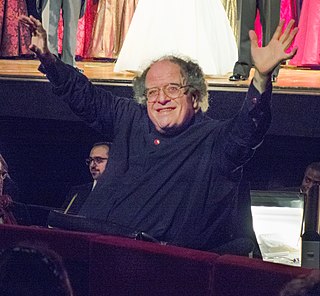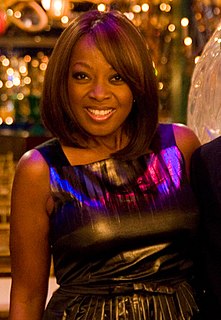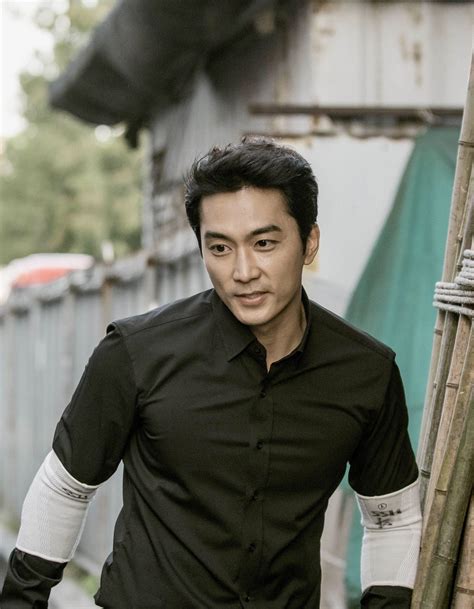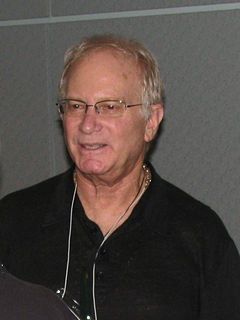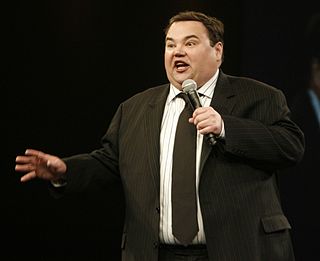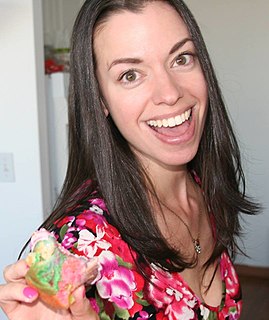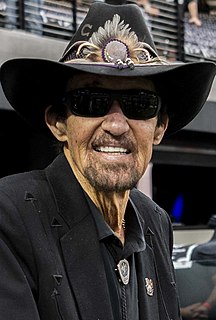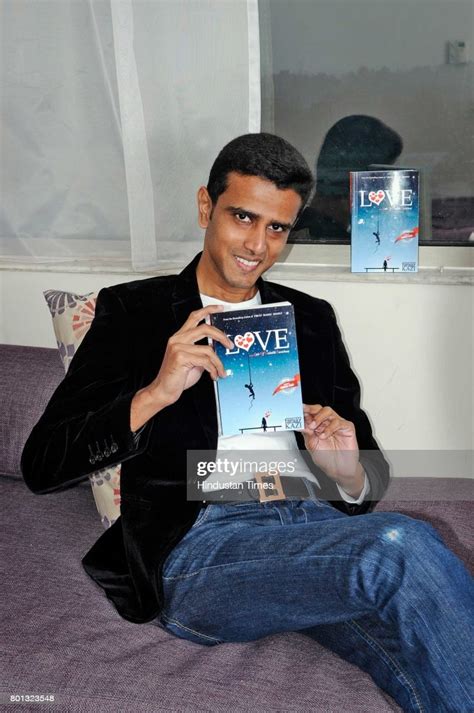A Quote by Gene Wilder
I never used to believe in fate. I used to think you make your own life and then you call it fate. That's why I call it irony.
Related Quotes
Fate is a misplaced retreat. Many people rationalize an unexplained event as fate and shrug their shoulders when it occurs. But that is not what fate is. The world operates as a series of circles that are invisible, for they extend to the upper air. Fate is where these circles cut to earth. Since we cannot see them, do not know their content, and have no sense of their width, it is impossible to predict when these cuts will slice into our reality. When this happens, we call it fate. Fate is not a chance event but one that is inevitable, we are simply blind to its nature and time.
If you are blessed with great fortunes. . . you may love your fate. But your fate never guarantees the security of those great fortunes. As soon as you realize your helplessness at the mercy of your fate, you are again in despair. Thus the hatred of fate can be generated not only by misfortunes, but also by great fortunes. Your hatred of fate is at the same time your hatred of your self. You hate your self for being so helpless under the crushing power of fate.
But over the years, I've learned not to believe too much in luck or accidents; T think everything happens for a reason. There's something to be learned from every moment, every experience we encounter during the brief time we spend on this planet. Call it fate, call it destiny, call it what you will; it really doesn't matter.
Fate, they say, fate- the clay that molds the events of your life, and it was the same fate that had thrown the stone of her heart on the building of his expectations. But then wasn't it his fault that he had constructed the building of glass? Hadn't he failed to cement the bricks of his love with trust and colour them with security? There was no insurance for broken hearts, no ointment for wounded souls and there would never be one, he knew.
The Greek idea of fate is moira, which means "portion." Fate rules a portion of your life. But there is more to life than just fate. There is also genetics, environment, economics, and so on. So it's not all written in the book before you get here, such that you don't have to do anything. That's fatalism.
Each life has a different purpose, and some people can find their purpose more easily than others. The key, the most important thing you can ever know, is that whatever your purpose is, that's not your only choice" "No matter why you're here, no matter why any of us are here, you're never tied down to fate. You're never locked in. You make your own choices, Kira, and you can't let anyone ever take that away from you.

